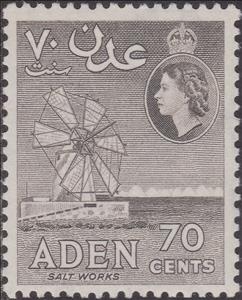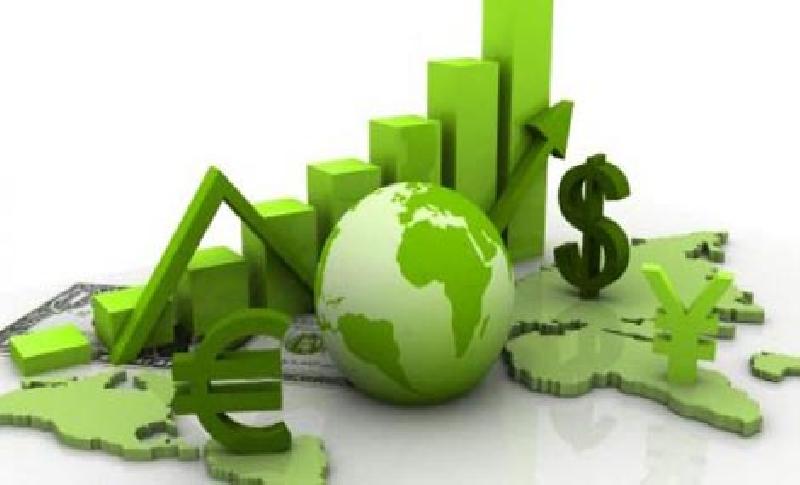Stamp: Salt production (Aden 1954)
Salt production (Aden 1954)
20 September (Aden ) within release Pictures from Aden goes into circulation Stamp Salt production face value 70 East African cent
| Stamp Salt production in catalogues | |
|---|---|
| Michel: | Mi:AD 68A |
| Stamp Number: | Sn:AD 54b |
| Yvert et Tellier: | Yt:AD 55 |
| Stanley Gibbons: | Sg:AD 61a |
Stamp is square format.
Also in the issue Pictures from Aden:
- Stamp - Salt production face value 70;
- Stamp - Tribesman face value 10;
|
Data entry completed
53%
|
|
|---|---|
| Stamp Salt production in digits | |
| Country: | Aden |
| Date: | 1954-09-20 |
| Print: | Recess |
| Perforation: | 12 |
| Emission: | Definitive |
| Format: | Stamp |
| Face Value: | 70 East African cent |
Stamp Salt production it reflects the thematic directions:
A head of state (or chief of state) is the public persona that officially represents the national unity and legitimacy of a sovereign state. In some countries, the head of state is a ceremonial figurehead with limited or no executive power, while in others, the head of state is also the head of government. In countries with parliamentary governments, the head of state is typically a ceremonial figurehead that does not actually guide day-to-day government activities and may not be empowered to exercise any kind of secular political authority (e.g., Queen Elizabeth II as Head of the Commonwealth). In countries where the head of state is also the head of government, the president serves as both a public figurehead and the actual highest ranking political leader who oversees the executive branch (e.g., the President of the United States).
An economy is an area of the production, distribution and trade, as well as consumption of goods and services. In general, it is defined as a social domain that emphasize the practices, discourses, and material expressions associated with the production, use, and management of resources. A given economy is a set of processes that involves its culture, values, education, technological evolution, history, social organization, political structure, legal systems, and natural resources as main factors. These factors give context, content, and set the conditions and parameters in which an economy functions. In other words, the economic domain is a social domain of interrelated human practices and transactions that does not stand alone.
A building or edifice is a structure with a roof and walls standing more or less permanently in one place, such as a house or factory. Buildings come in a variety of sizes, shapes and functions, and have been adapted throughout history for a wide number of factors, from building materials available, to weather conditions, to land prices, ground conditions, specific uses and aesthetic reasons. Buildings serve several needs of society – primarily as shelter from weather, security, living space, privacy, to store belongings, and to comfortably live and work. A building as a shelter represents a physical division of the human habitat (a place of comfort and safety) and the outside (a place that at times may be harsh and harmful).
Queen - the title of reigning female monarch or the wife of the king in a number of countries




